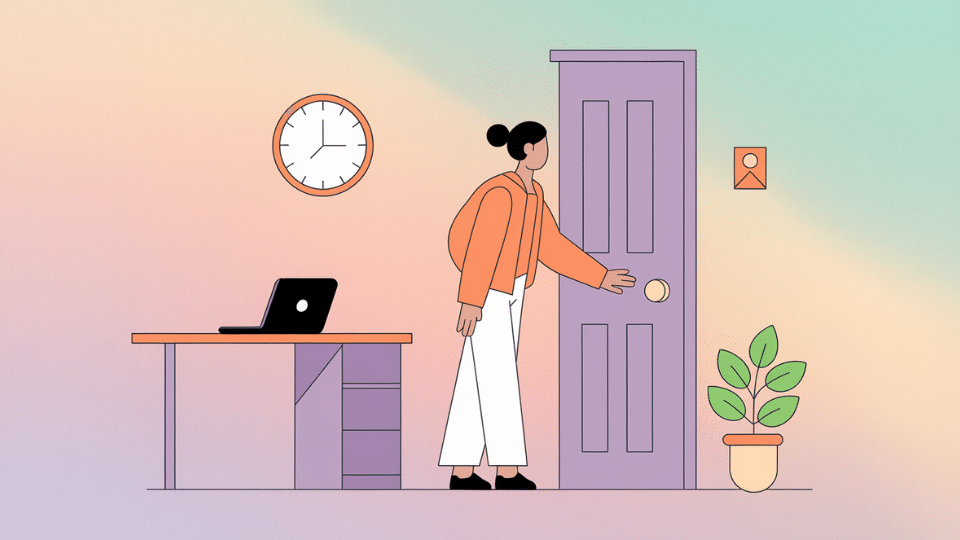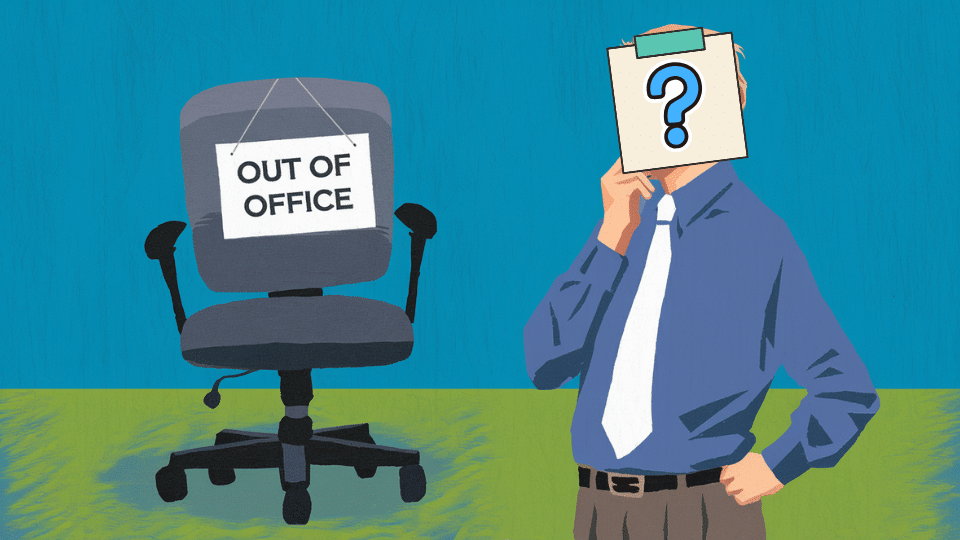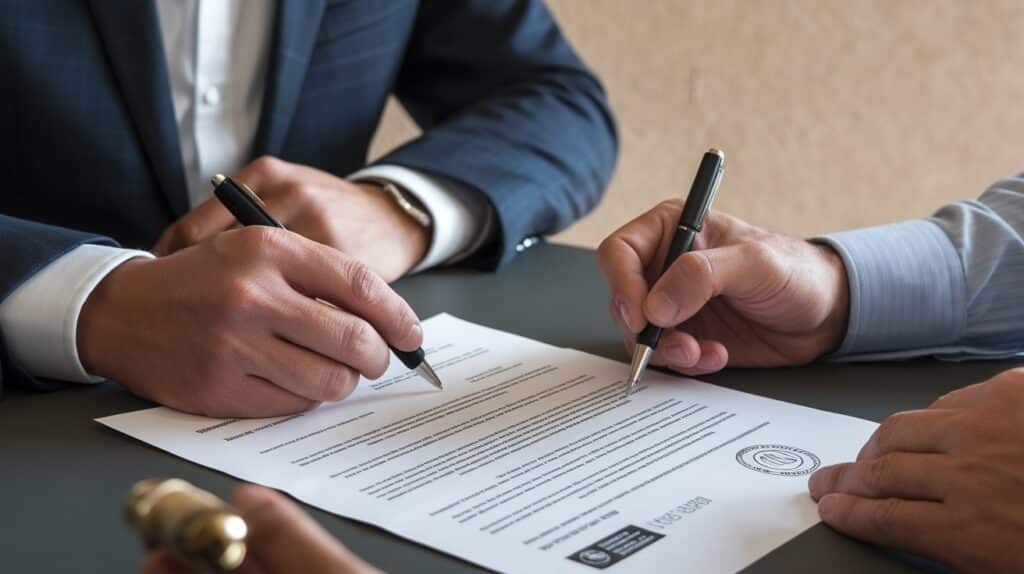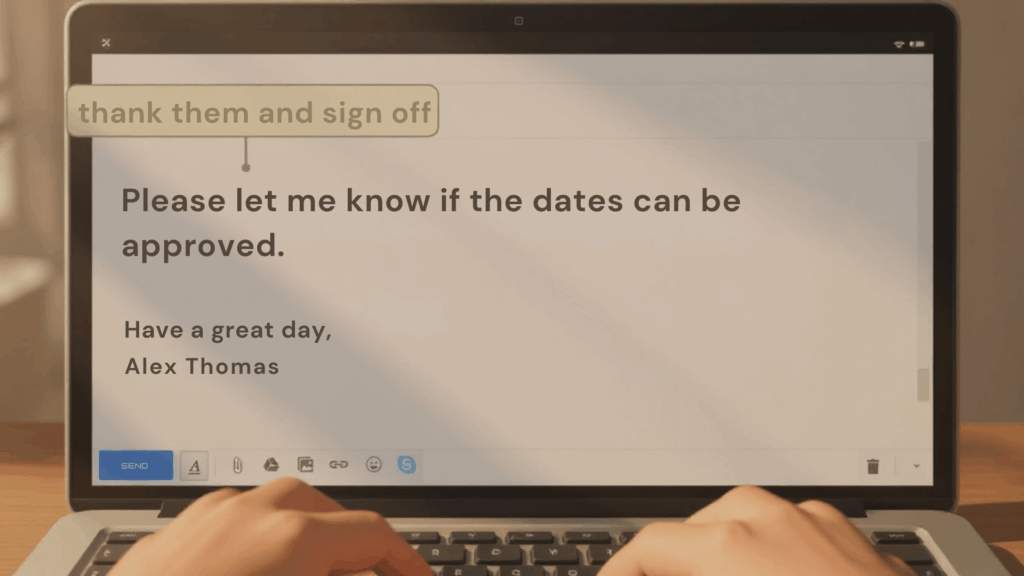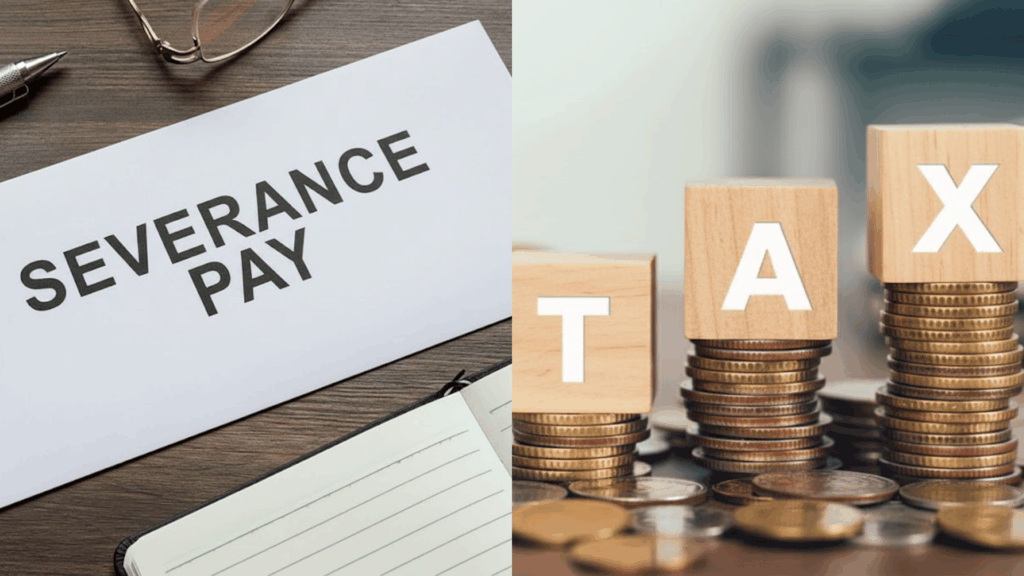Job interviews are important chances to impress potential employers.
Your success depends on your skills, how you communicate, and how well you prepare.
This article shows you what essential items to bring to any interview, with special tips for teenagers and new graduates.
Being properly prepared sets you apart from other candidates and shows employers you’re serious about the opportunity.
The items you bring can demonstrate your professionalism and attention to detail before you even start talking.
What Should You Bring to an Interview?
The right preparation materials can set you apart from other candidates and demonstrate your professionalism from the moment you walk in.
1. Required Documents
- Resume and Cover Letter – Bring multiple printed copies on quality paper, even if submitted online
- Portfolio or Work Samples – Include relevant projects, designs, or technical work organized in a professional folder
- References List – Names, titles, and contact details of 3-5 people who can recommend you (with their permission)
- ID Documents – Government photo ID for verification and building access
- Academic Materials (for new graduates) – Transcripts, certificates, internship letters, and project documentation
2. Preparation Materials
- Notebook and a Good Pen – Shows you’re actively listening and interested in taking notes about the role and company
- Questions for the Interviewer – Demonstrates genuine interest and helps you evaluate if the job fits your goals
- Directions and Contact Info – Prevents delays and ensures you can reach the interviewer if needed
3. Items to Stand Out
- Extra Work Samples – Additional portfolio pieces that directly relate to the job requirements
- Personal Branding Materials – Professional business cards, digital portfolio links, or relevant presentations
- Achievement Summary – One-page summary of accomplishments relevant to the specific role
- Professional Accessories – Quality folder, pen, and other items that enhance your professional image
4. Technology and Tools
- Mobile Device – Keep on silent, use only for directions or emergencies
- Laptop/Tablet (if applicable) – For showing digital portfolios or interactive projects
- Professional Online Presence – Be ready to discuss relevant social media profiles or online portfolios
5. Personal Comfort Items
- Breath Mints – Ensure fresh breath throughout the interview process
- Water Bottle – Small, discreet bottle for hydration during long sessions
- Avoid These – Don’t bring food, excessive personal items, or anything distracting
What to Bring to a Job Interview as a Teenager or a Fresher
Teenage job seekers and fresh graduates have unique needs and should focus on materials that showcase potential and learning ability.
- Age-Appropriate Documents – School report cards, recommendation letters from teachers or community leaders
- Work Experience Records – Documentation of part-time work, volunteer activities, or community service
- School Portfolio – Examples of school projects, extracurricular activities, and achievements
- Professional Presentation – Dress appropriately and arrive on time to demonstrate maturity
- Key Messages – Emphasize willingness to learn, strong work habits, and excitement about gaining experience
How to Dress for Your Interview?
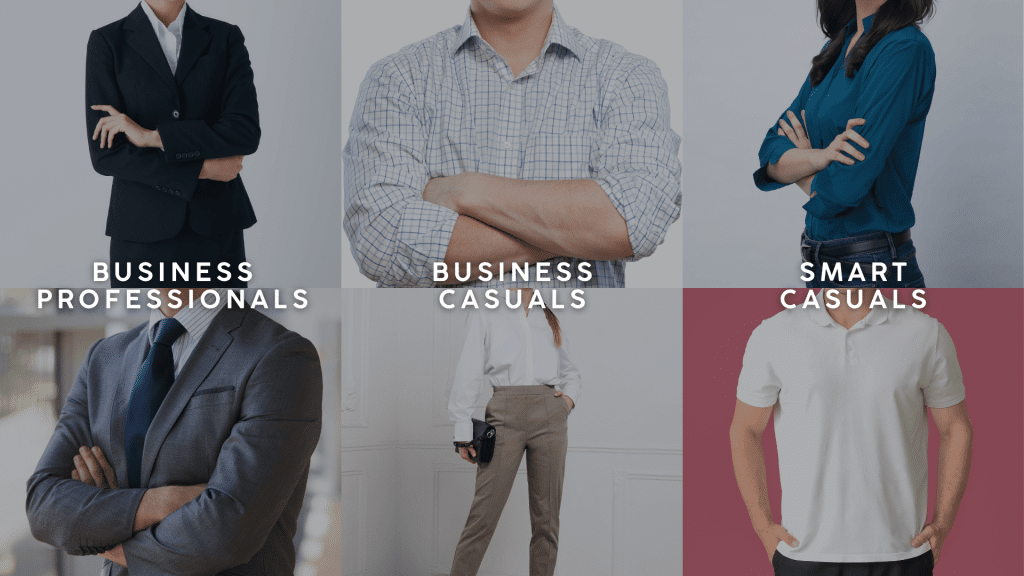
Your appearance speaks before you do. Choose clothing that matches the company culture and role level.
- Business Professional – Suit and tie for men, business suit or professional dress for women (corporate, finance, law)
- Business Casual – Dress pants with button-down shirt, blouse with slacks or knee-length skirt (most office environments)
- Smart Casual – Clean jeans or chinos with a polo shirt or a neat blouse (startups, creative industries)
- General Rules – Clothes should be clean, wrinkle-free, and well-fitted
- Grooming Matters – Clean hair, trimmed nails, minimal cologne/perfume
What Not to Bring to an Interview?
Certain items can harm your chances or create negative impressions.
Avoid these completely.
1. Food and Drinks
Refrain from bringing coffee, snacks, or meals to the interview.
This can create spills, distractions, and unprofessional moments during important conversations.
2. Personal Items
Excessive jewelry, strong fragrances, or distracting accessories.
Keep accessories minimal and scents light to avoid overwhelming interviewers or triggering allergies.
3. Technology Distractions
Smartwatch notifications, visible earbuds, or multiple devices.
Turn off all notifications beforehand and keep devices stored away to show full attention.
4. Inappropriate Materials
Personal photos, unrelated documents, or casual reading materials.
Only bring work-related items that directly support your candidacy for this specific role.
5. Strong Opinions
Political buttons, controversial stickers, or divisive messaging on clothing.
Maintain neutrality in appearance to focus attention on your qualifications rather than personal beliefs.
6. Backup Plans
Other company brochures, competing job applications, or alternative interview schedules.
This signals divided attention and suggests you’re not fully committed to this opportunity.
Conclusion
Interview success comes down to preparation and presentation.
The items you bring should show professionalism while supporting your application.
Create a personal checklist based on the job requirements and review it before each interview.
Remember, bringing the right materials is only the beginning.
Practice presenting your work, asking questions naturally, and taking notes while maintaining eye contact.
Ready to ace your next interview?
Start building your interview kit today and approach every opportunity with confidence.
Frequently Asked Questions
What Constitutes a Red Flag in an Interview?
Red flags include arriving unprepared, bringing inappropriate materials, poor communication skills, or showing disinterest. Employers also find evasive answers about gaps and negative comments about previous employers concerning.
What Are the 3 C’s of Interviewing?
The three C’s are Competence (showing your skills), Character (showing work habits and values), and Chemistry (building rapport and fitting in with company culture).
Should I Bring Questions for the Interviewer?
Yes. Prepared questions show genuine interest and help you evaluate the opportunity. Focus on job responsibilities, team dynamics, company culture, and growth opportunities.




